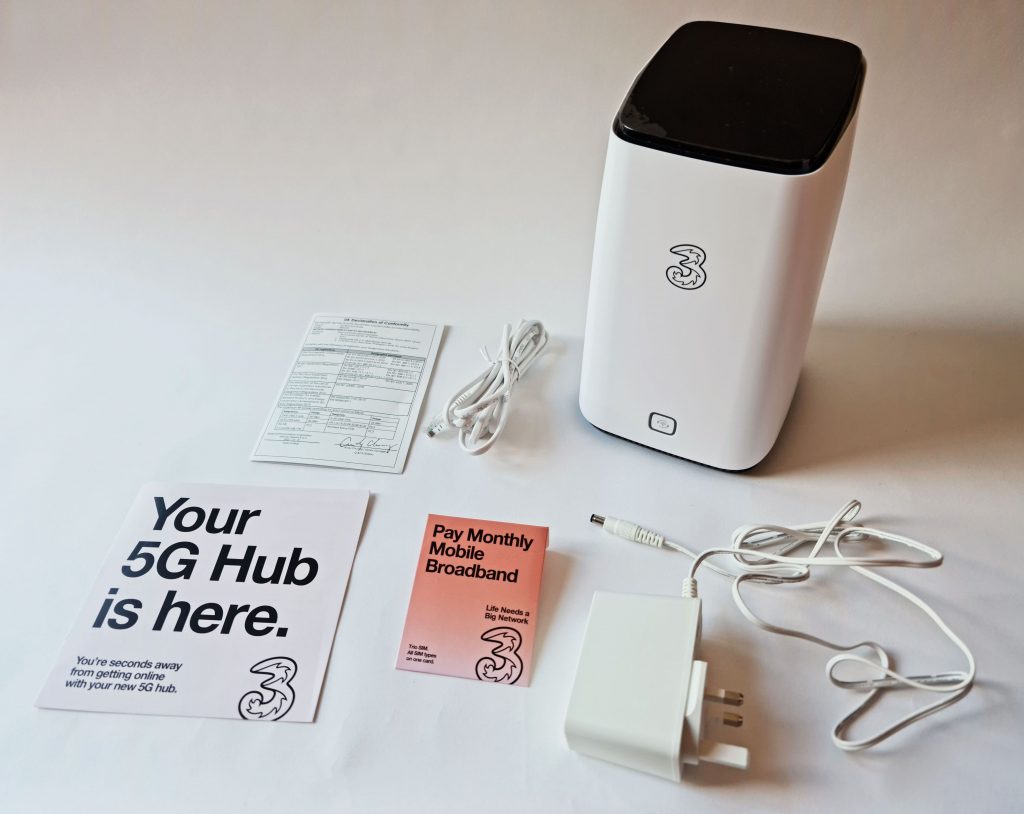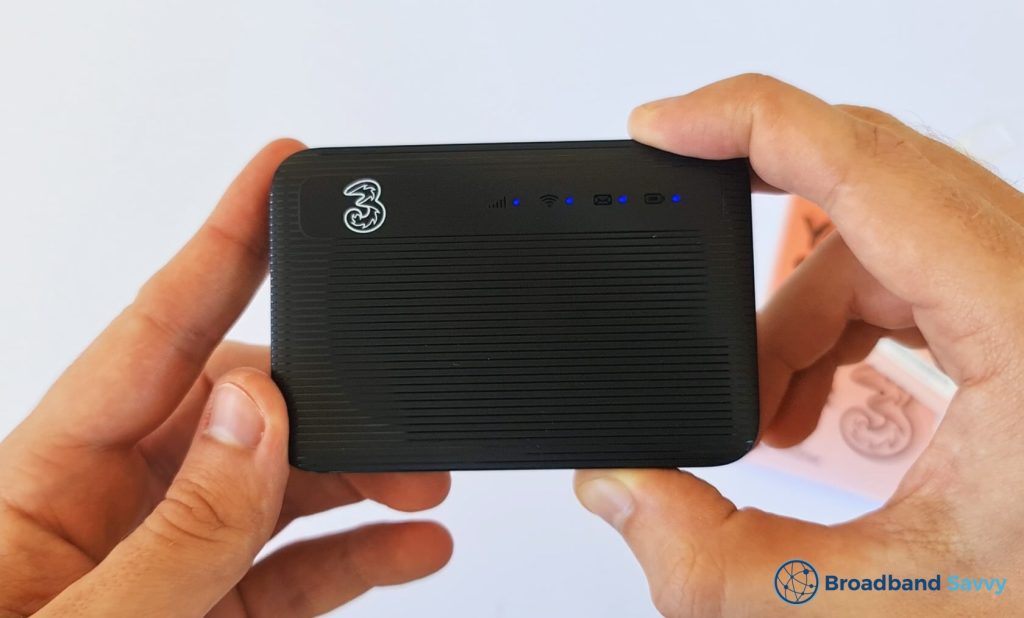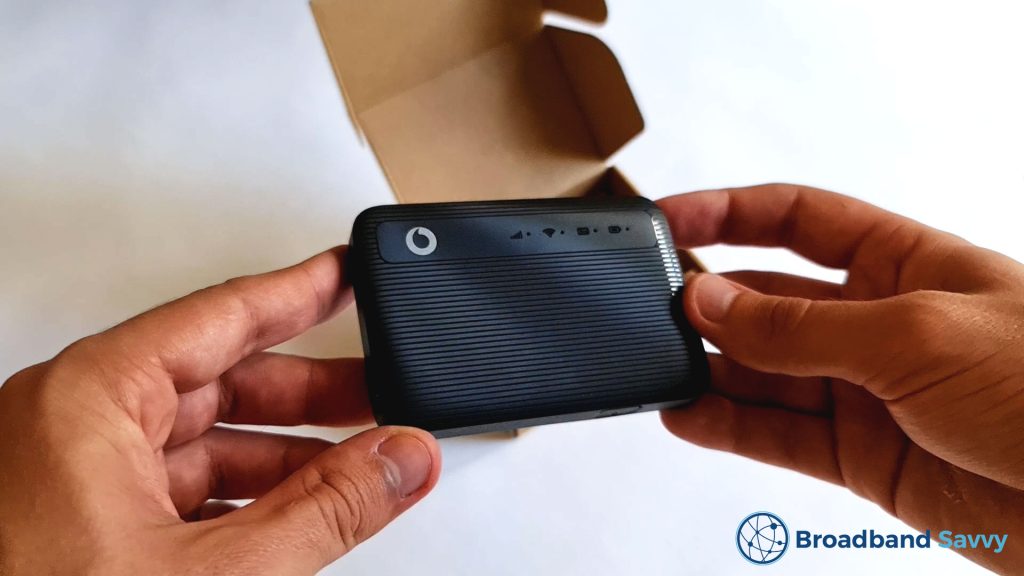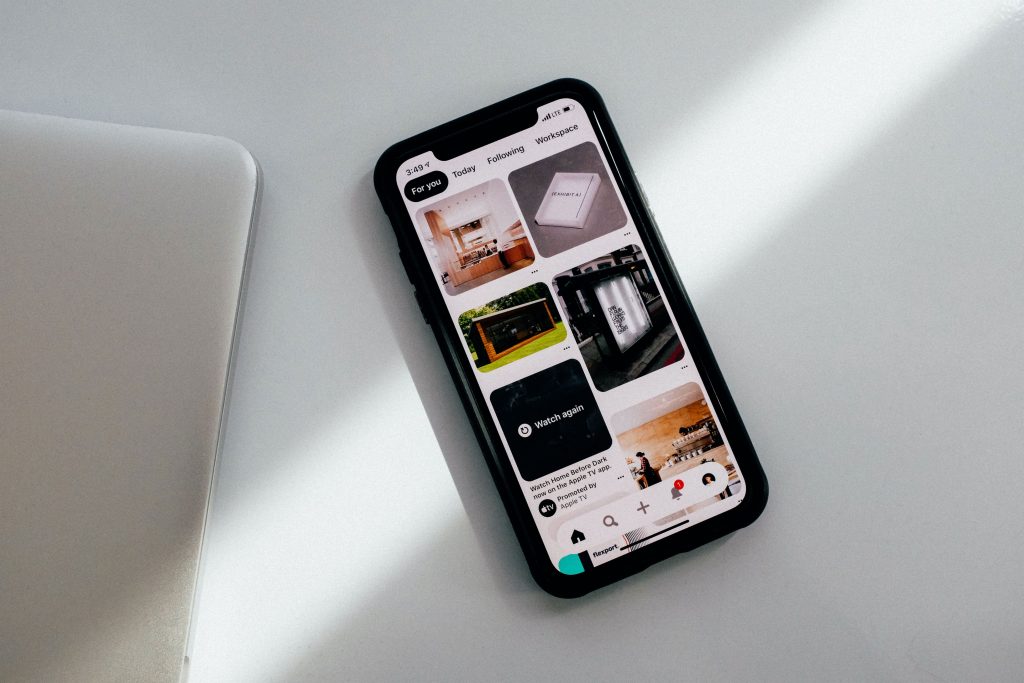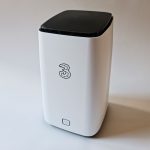Need a way to get online, without an internet connection?
In this guide, we’ve explained three ways to access the internet, without using a fibre broadband or regular internet connection.
For each method, we’ve explained its pros and cons, and what type of situations it’s suitable for.
1. 4G/5G routers
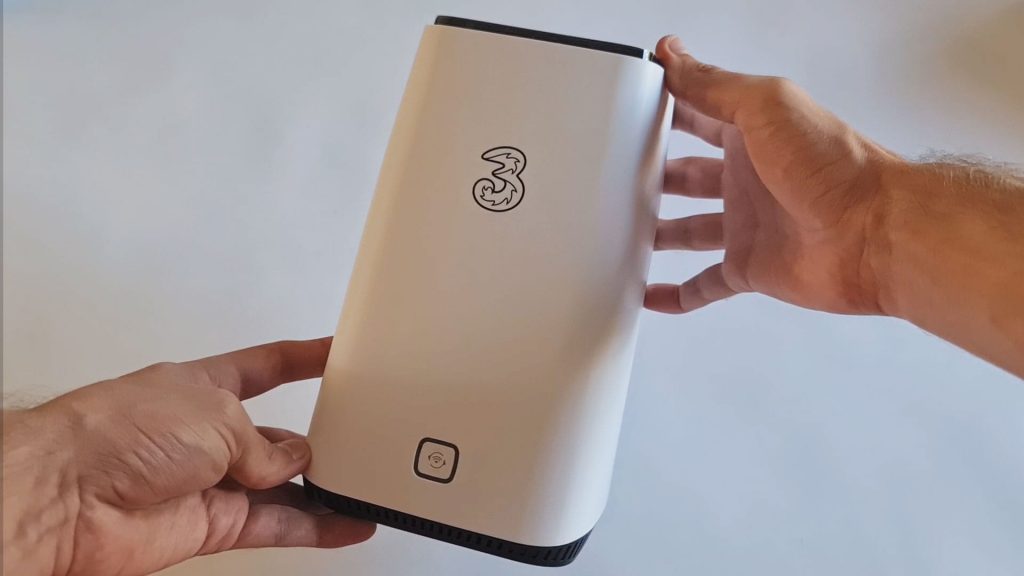
In most cases, the best way to get online at home without using traditional internet is with a 4G or 5G router.
These types of routers work like a regular broadband router, except they take a SIM card, rather than plugging into an internet socket.
They connect to the internet using the mobile network, just like your phone, allowing you to get online without a typical internet connection.
Mobile broadband routers are very easy to set up, since all you need to do is insert the SIM card, plug in the router, and wait for the router to set up its hotspot.
If you can get 4G signal at your address, you can expect download speeds of about 30-40 Mbps using these types of routers. On the other hand, with 5G, and a 5G-compatible router, you can expect download speeds of 300-500 Mbps or even more.
These speeds are based on on experience reviewing the Three 4G Hub and 5G Hub – both routers are definitely worth considering if you want a 4G or 5G router in the UK.
Unlike some other mobile broadband plans, these devices include unlimited data, which is great. Plus, they come with a 30-day money back guarantee, allowing you to test and make sure that you get good speeds and Wi-Fi signal, before committing to buying the device.
Just note that using 4G or 5G, your latency will be a bit higher than with fibre broadband.
This means that when playing online games, you might lag more. However, Zoom calls and other less latency-sensitive activities will still work just fine.
2. 4G/5G MiFi device
The downside to using a wireless router is it’s not very portable – it’s similar to a regular fibre broadband router, in that it’s designed to stay in a single location.
If you want a more portable solution, getting a mobile Wi-Fi (MiFi) device might be a good choice.
These gadgets take a SIM card and connect to the mobile network – normally 4G. Once connected to the internet, they create a WiFi hotspot you can get online with, just like a mobile broadband router.
However, MiFi devices take a battery, rather than plugging into a wall socket. This makes them much more convenient if you’re travelling, or just want an easy to use, temporary way of getting online.
The other advantage of MiFi is it can be cheaper than getting a router. This is especially true if you don’t mind getting a data plan with a monthly usage limit.
However, mobile Wi-Fi devices and dongles don’t offer as fast download speeds as a proper router, most of the time. They’re only really designed as a basic way to help you get online, rather than as a complete internet replacement.
Also, since MiFi devices are small, and battery-powered, their Wi-Fi signal isn’t as good as what a router offers. The signal range won’t be as good, and you won’t be able to connect as many devices to the hotspot at once.
Read our guide to the best mobile Wi-Fi devices on the market to learn more about MiFi.
3. Phone hotspot
Another good way to get online quickly and cheaply is using your phone’s mobile hotspot.
Most modern smartphones can create a Wi-Fi hotspot, which you can turn on in the settings app, allowing you to share the handset’s 4G or 5G data allowance with other devices.
If you just want to get online on your laptop or iPad, it often makes more sense to just use your phone’s hotspot, rather than buying a mobile broadband device.
However, you need to be careful to avoid hitting your mobile data limit too quickly, if you use the hotspot or tethering on a regular basis. It might be that you need to buy a SIM plan with more data.
Three has some of the cheapest data SIM plans in the UK – visit their website to view the latest prices.
Also, if you use your phone’s hotspot for more than a few hours every day, you will begin to degrade its battery over time.
In the long term, it makes more sense to buy a router or a MiFi device instead of using your phone’s hotspot, for this reason.
4. Satellite broadband
If the mobile network doesn’t offer good signal where you live, and you can’t use fibre broadband, you might need to get online with a satellite internet connection.
Using satellite broadband, you’ll need to have a satellite dish installed on your house. You can’t use an existing cable TV dish – it needs to be one specifically for use with satellite internet.
Your dish will then communicate with a satellite in orbit above the Earth, and connect to a router inside your house, which will create a Wi-Fi network you can join.
Because it doesn’t rely on local infrastructure, satellite internet allows you to get a good internet connection, no matter where you live.
However, there are some downsides to satellite broadband.
The first is it can be very expensive. Getting a satellite dish installed is not cheap, and the associated monthly costs can also be very high, especially if you want fast download speeds and unlimited data.
Also, satellite broadband can have quite a high latency. It’s not a good choice for online gaming.
It’s also worth mentioning, satellite broadband is not a portable internet solution.
The satellite dish needs to be installed in a very specific orientation, meaning you can’t put one on a caravan and move around with it.
5. Public Wi-Fi
Another option to get online without a home internet connection is public Wi-Fi.
These days, you can find open hotspots at cafes, restaurants, libraries, as well as airports and larger train stations.
The obvious benefit of public Wi-Fi is it’s free. However, it’s not a very convenient way to get online on a regular basis, except when travelling, when you can easily hop between different public Wi-Fi hotspots.
It’s also a good idea to make sure your internet traffic is protected when using public Wi-Fi. If the hotspot you’re connecting to is not secure, you could be at risk of having private data stolen.
Make sure that you’re connecting to websites over SSL, meaning that the URLs you’re visiting start with “https://”.
Also, be careful to avoid connecting to any public Wi-Fi networks set up by malicious actors.
Some hackers create a Wi-Fi network disguised as a hotspot run by a legitimate entity, such as a shop, specifically to steal passwords, and infect devices with malware.
It’s generally a good idea to avoid using public Wi-Fi to connect to internet banking, or any government portals or other websites that display sensitive private information.
About the author

Tyler is the co-founder of Broadband Savvy. He has been helping people improve their broadband connectivity since 2018 by writing about fibre broadband and mobile broadband providers, as well as creating tutorials to help people improve their broadband speeds and Wi-Fi signal.
Tyler is responsible for the majority of buyer’s guides and broadband reviews published on Broadband Savvy. He has a wealth of experience testing and reviewing different broadband tariffs, including fibre internet plans, as well as 4G and 5G broadband deals. He is responsible for testing and evaluating Wi-Fi routers, performing speed and latency tests, and comparing the value for money of different broadband providers on the market in the UK.
Before co-founding Broadband Savvy, Tyler had a long history of tinkering with computers. He built his first PC at the age of 12, and since then, he’s become obsessed with all things networking and internet-related. He’s a massive gamer, loves Rocket League, and also plays Sunday League football.


